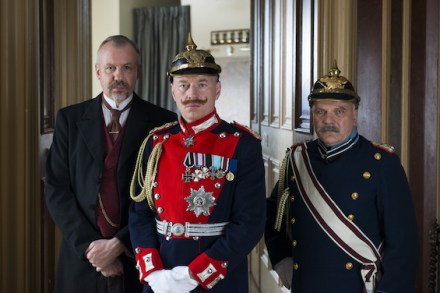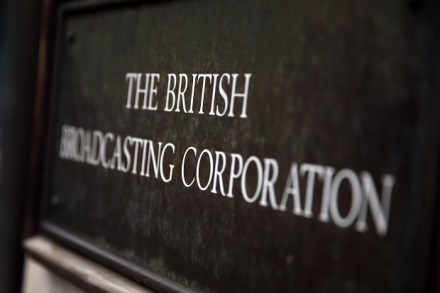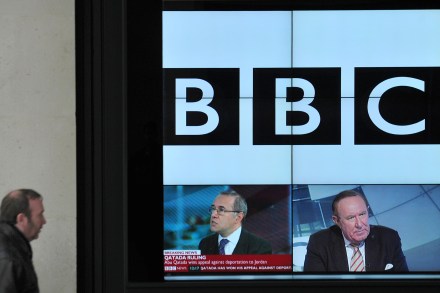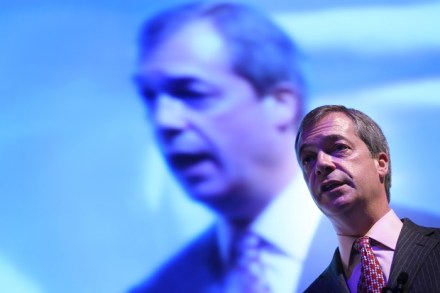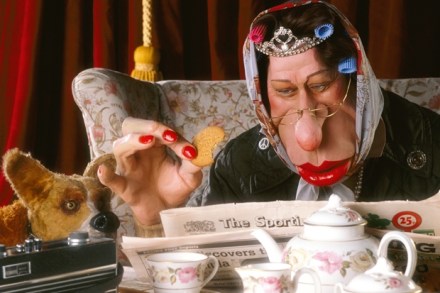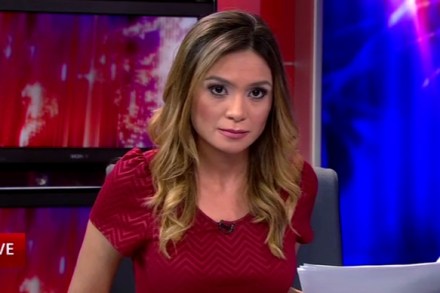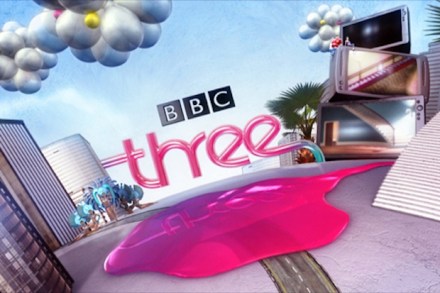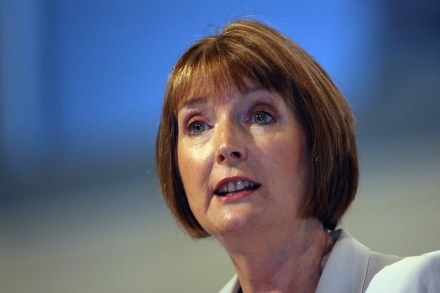So now we know – the BBC is more scared of offending Muslims than gay people
Are there enough black and minority ethnic people on our television screens? The comedian Lenny Henry thinks not and has proposed targets to ensure better representation. Lenny means stuff like Midsomer Murders, I think, which famously avoided using people of colour for a very long time in its absurd but strangely comforting dramas. I think this was to cater for people like me who enjoy watching affluent white people bludgeon each other with candlesticks in the library. In fairness, even Midsomer Murders once had some gypsies play a pivotal role in one episode — they lived in a gaily painted horse-drawn caravan, and were scrupulously tidy and probably filed their


